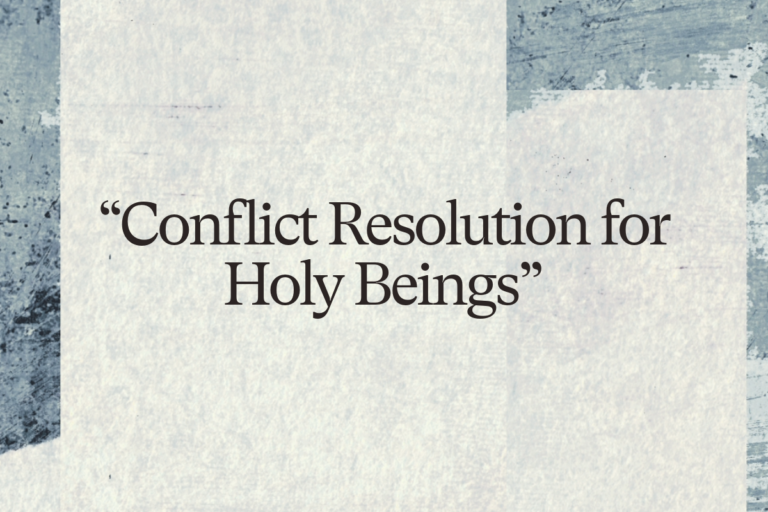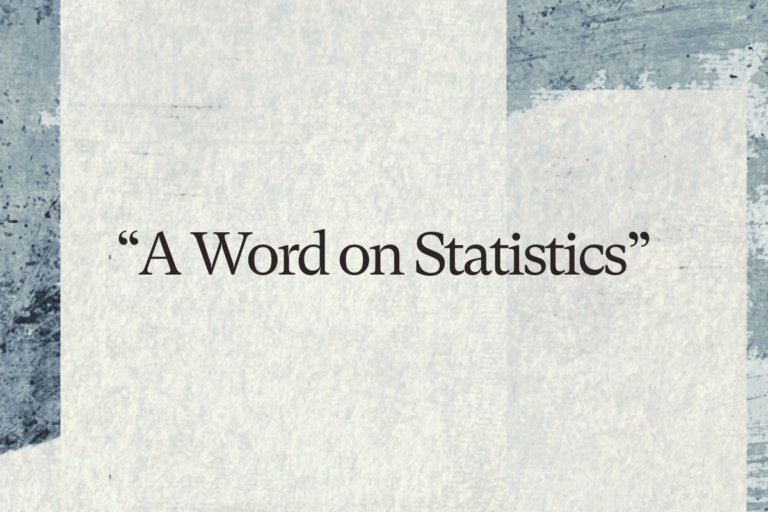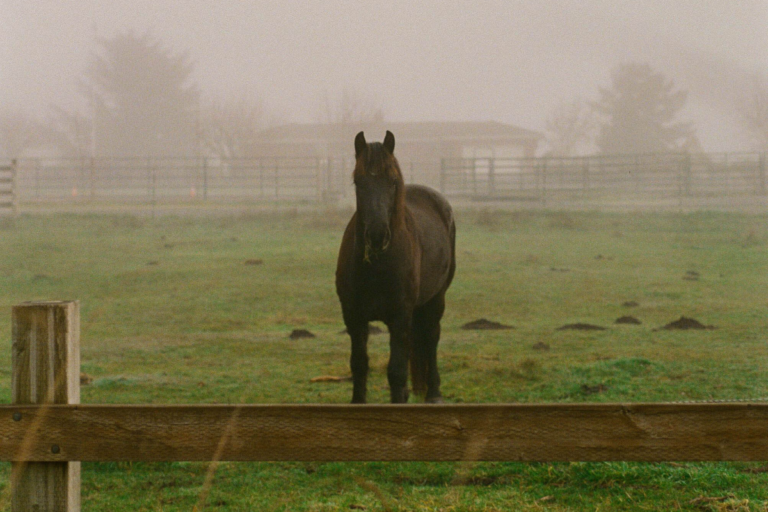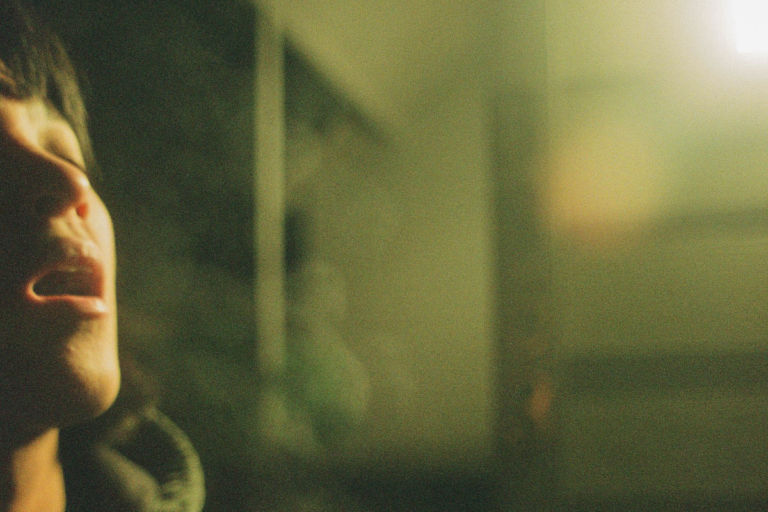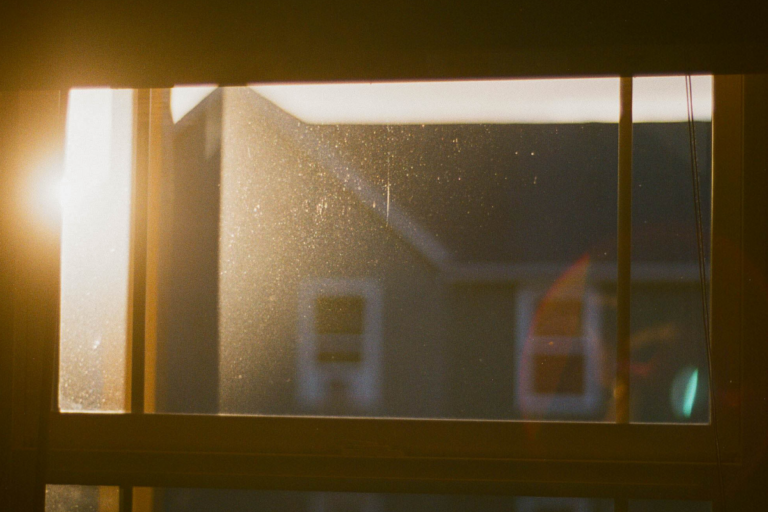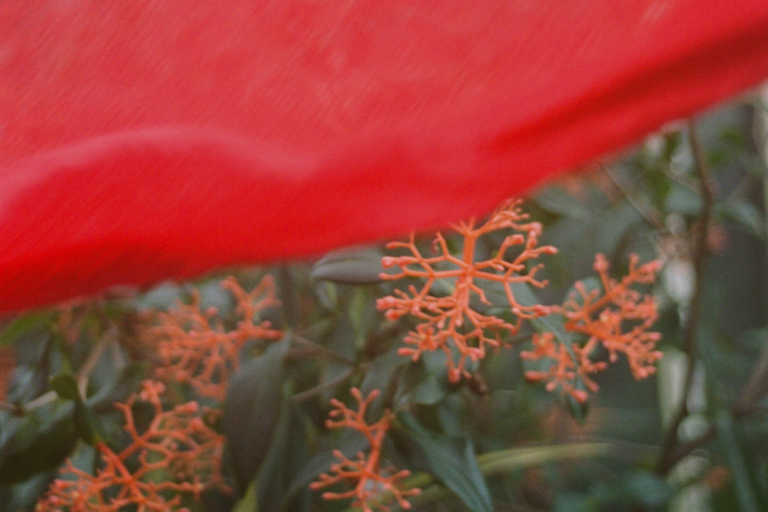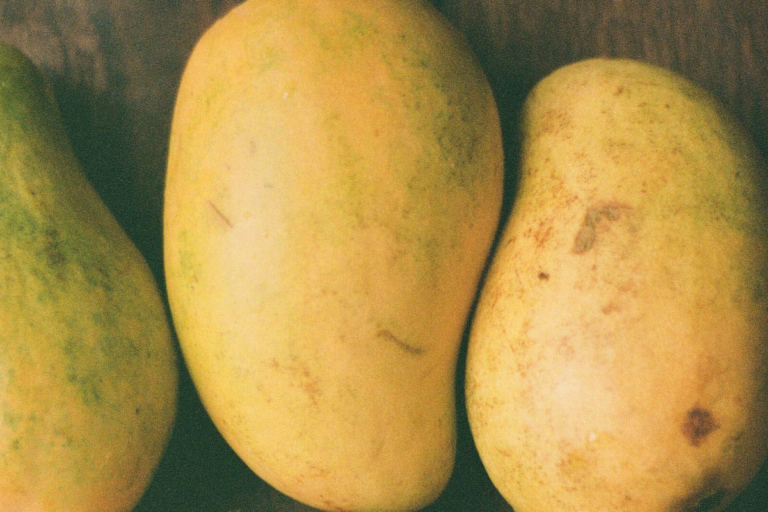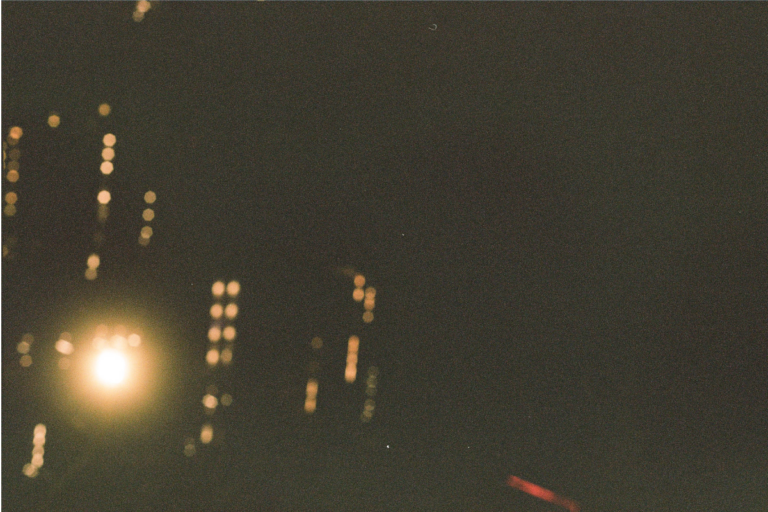May 13, 2024
Joy Harjo
Poems as Teachers | Episode 2
As appealing as it may sound, is it really possible to live in a world completely free of conflict? No. And since differences and disagreements are inevitable and natural, Joy Harjo gives ground rules in “Conflict Resolution for Holy Beings.” Her call to us echoes across time and space — a call to listen, to humility, to justice, and to recognizing the land, the living, the dead, the not-yet-living.
This is the second episode of “Poems as Teachers,” a special seven-part miniseries on conflict and the human condition.
We’re pleased to offer two sections of Joy Harjo’s longer poem, and invite you to read Pádraig’s weekly Poetry Unbound Substack, read the Poetry Unbound book, or listen back to all our episodes.





